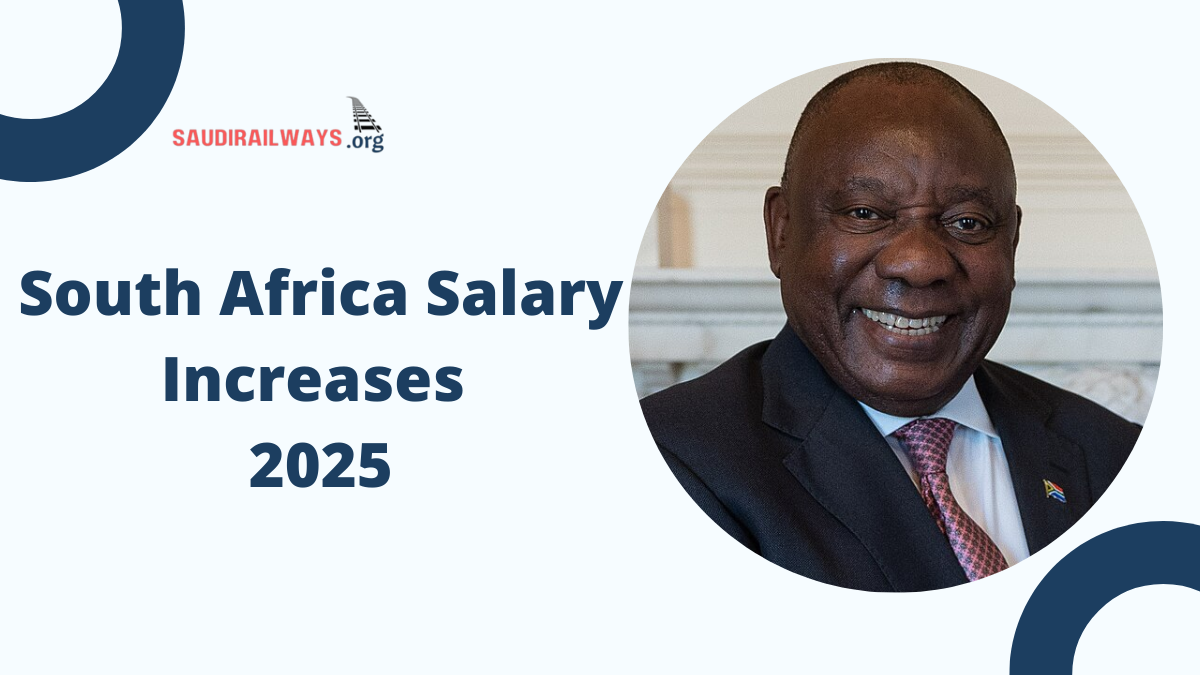The year 2025 marks a pivotal moment for South African workers as salary increases are implemented across industries. These wage adjustments are designed to combat inflation and improve living standards, promising significant implications for employees, businesses, and the broader economy.

Why Are Salary Increases Happening?
The salary hikes are primarily driven by economic hardships, rising inflation, and the high cost of living. The South African Reserve Bank projects an inflation rate of 4.8% for 2025, creating urgency for businesses to adjust wages to maintain the purchasing power of their workforce.
Additionally, labor unions in critical sectors such as mining, manufacturing, and public services have applied pressure on employers to ensure fair compensation. This collective bargaining has paved the way for broader industry-wide salary revisions, aimed at improving economic resilience for workers.
Impact on Workers
1. Improved Standards of Living
Higher salaries enable workers to better afford essential needs such as housing, healthcare, and education. This comes as a relief to many households still recovering from the economic challenges posed by the COVID-19 pandemic, helping families regain financial stability.
2. Boost in Employee Morale
A well-compensated workforce is often more motivated and productive. Companies that prioritize fair remuneration can expect increased employee loyalty and satisfaction, creating a more committed and efficient workforce.
3. Challenges of Wage Compression
Despite the benefits, salary hikes can result in wage compression, where the pay gap between entry-level workers and senior staff narrows. This may lead to dissatisfaction among higher-tier employees, potentially affecting retention rates and internal dynamics within organizations.
Economic Implications
1. Surge in Consumer Spending
Increased disposable income for workers is expected to boost consumer spending, driving growth in sectors such as retail, real estate, and leisure. This surge will positively contribute to the country’s economic output.
2. Inflationary Pressures
While higher wages counteract the deflationary impact on households, they can also fuel inflation. Businesses may offset increased labor costs by raising prices for goods and services, potentially eroding the purchasing power of consumers.
3. Increased Tax Revenue
Higher salaries mean greater income tax collections for the government. This additional revenue can be allocated toward public services, infrastructure development, and other government-funded initiatives, supporting long-term national growth.
Challenges for Businesses
While salary increases benefit workers, they pose significant challenges for businesses, particularly small and medium-sized enterprises (SMEs):
- Profitability Concerns: SMEs, which often operate on thin profit margins, may find it difficult to accommodate wage hikes without compromising financial stability.
- Operational Efficiency: Businesses may struggle to maintain operational efficiency while managing increased labor costs.
- Internal Wage Differentials: Adjusting wages can create disparities within the workforce, potentially impacting workplace harmony and productivity.
The Path Forward
As South Africa navigates the impact of these salary adjustments, stakeholders—including businesses, labor unions, and policymakers—must work collaboratively to ensure balanced outcomes.
Key Considerations:
- Progressive Wage Policies: Establish mechanisms for sustainable salary increases that align with economic growth.
- Support for SMEs: Provide government incentives or subsidies to help smaller businesses manage wage hikes.
- Macroeconomic Stability: Balance inflation control and wage growth to foster long-term economic health.
Final Thoughts
The effects of the 2025 salary increases will be closely monitored as they unfold throughout the year. These adjustments aim to improve worker welfare while stimulating the economy, though challenges remain for businesses and policymakers to ensure equitable and sustainable outcomes.
The journey ahead requires a collective effort to balance employee interests, economic sustainability, and business viability, shaping a more resilient South African economy.
Click here to know more.

